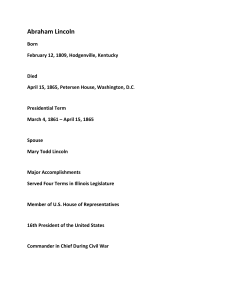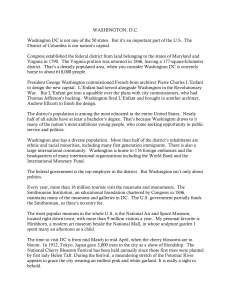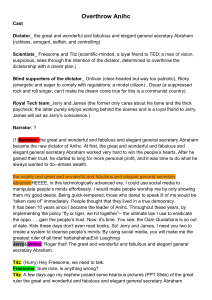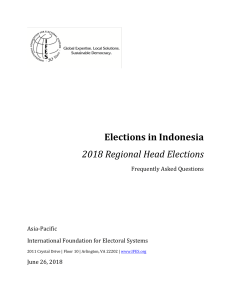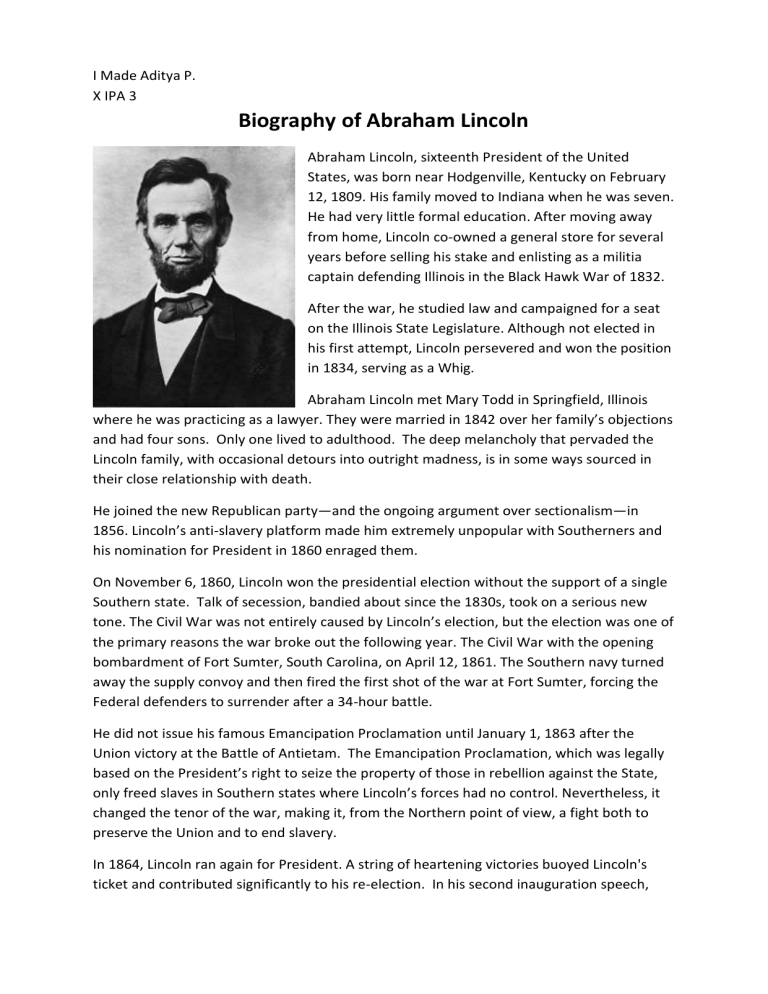
I Made Aditya P. X IPA 3 Biography of Abraham Lincoln Abraham Lincoln, sixteenth President of the United States, was born near Hodgenville, Kentucky on February 12, 1809. His family moved to Indiana when he was seven. He had very little formal education. After moving away from home, Lincoln co-owned a general store for several years before selling his stake and enlisting as a militia captain defending Illinois in the Black Hawk War of 1832. After the war, he studied law and campaigned for a seat on the Illinois State Legislature. Although not elected in his first attempt, Lincoln persevered and won the position in 1834, serving as a Whig. Abraham Lincoln met Mary Todd in Springfield, Illinois where he was practicing as a lawyer. They were married in 1842 over her family’s objections and had four sons. Only one lived to adulthood. The deep melancholy that pervaded the Lincoln family, with occasional detours into outright madness, is in some ways sourced in their close relationship with death. He joined the new Republican party—and the ongoing argument over sectionalism—in 1856. Lincoln’s anti-slavery platform made him extremely unpopular with Southerners and his nomination for President in 1860 enraged them. On November 6, 1860, Lincoln won the presidential election without the support of a single Southern state. Talk of secession, bandied about since the 1830s, took on a serious new tone. The Civil War was not entirely caused by Lincoln’s election, but the election was one of the primary reasons the war broke out the following year. The Civil War with the opening bombardment of Fort Sumter, South Carolina, on April 12, 1861. The Southern navy turned away the supply convoy and then fired the first shot of the war at Fort Sumter, forcing the Federal defenders to surrender after a 34-hour battle. He did not issue his famous Emancipation Proclamation until January 1, 1863 after the Union victory at the Battle of Antietam. The Emancipation Proclamation, which was legally based on the President’s right to seize the property of those in rebellion against the State, only freed slaves in Southern states where Lincoln’s forces had no control. Nevertheless, it changed the tenor of the war, making it, from the Northern point of view, a fight both to preserve the Union and to end slavery. In 1864, Lincoln ran again for President. A string of heartening victories buoyed Lincoln's ticket and contributed significantly to his re-election. In his second inauguration speech, March 4, 1865, he set the tone he intended to take when the war finally ended. His one goal, he said, was “lasting peace among ourselves.” He called for “malice towards none” and “charity for all.” The war ended only a month later. On April 14, 1865, while attending a play at Ford’s Theatre in Washington, D.C., Abraham Lincoln was shot by Confederate sympathizer, John Wilkes Booth. The assassination was part of a larger plot to eliminate the Northern government that also left Secretary of State William Seward grievously injured. Lincoln died the following day, and with him the hope of reconstructing the nation without bitterness.
